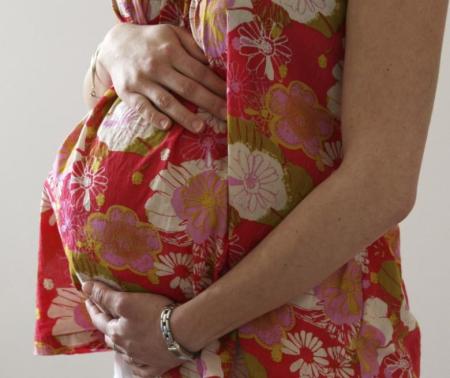New Abortion Pill Reversal Is Saving Babies' Lives: Study

A new medical study shows that the abortion pill reversal medical intervention is saving lives and giving hope to women who change their minds after taking mifepristone, the first drug in the medical abortion process.
Published in the peer-reviewed medical journal, Issues in Law and Medicine, the study shows that the use of progesterone, the hormone essential to the maintenance of a normal, healthy pregnancy, is a safe and effective way to reverse their medical abortions, according to a statement by San Diego, California-based Culture of Life Family Services.
"Women who change their minds after starting a medical abortion now have a second chance at choice," George Delgado, one the study's authors, was quoted as saying. "Using progesterone to reverse the effects of mifepristone is effective and does not increase the risks of birth defects."
Delgado is the medical director of Culture of Life Family Services.
In the United States, mifepristone, a progesterone receptor blocker, is used for 30 to 40 percent of all abortions.
The study looked at 261 successful mifepristone reversals, and found that the reversal success rates were 68 percent with the high-dose oral progesterone protocol and 64 percent with the injected progesterone protocol.
If no treatment is offered, the survival rate is 25 percent.
The study also said that "there was no increased risk of birth defects or preterm births," noting that progesterone has been used safely in pregnancy for over 40 years.
"There were seven reported birth defects in the women who had reversals and follow-up after their deliveries for a rate of 7/257 (2.7%). This is equal to the birth defect rate in the general population of approximately 3% and suggests that there is no increased risk of birth defects in babies born after mifepristone reversal," the study noted.
One of the clients was quoted as saying, "I just wanted to say, thank you from the bottom of my heart!!!"
Another one stated that it "changed my entire world by helping me that night. This is the best feeling in the world and nothing else matters. Thank you."
As Jay Hobbs, a contributor at The Christian Post, noted this week in an editorial, "A new application of an FDA-approved progesterone treatment used since the 1950s to stop miscarriages, Delgado and another physician—Matthew Harrison in North Carolina—have both played major roles in developing the protocol, physician network and national hotline (877-558-0333) that have helped over 400 women save their babies from abortion since 2007."
Hobbs, editor-in-chief of Pregnancy Help News, further wrote that Delgado's research "lands a startling blow to abortion enthusiasts' long-held narrative that Abortion Pill Reversal is 'unproven,' 'junk science' or even 'controversial.'"





















